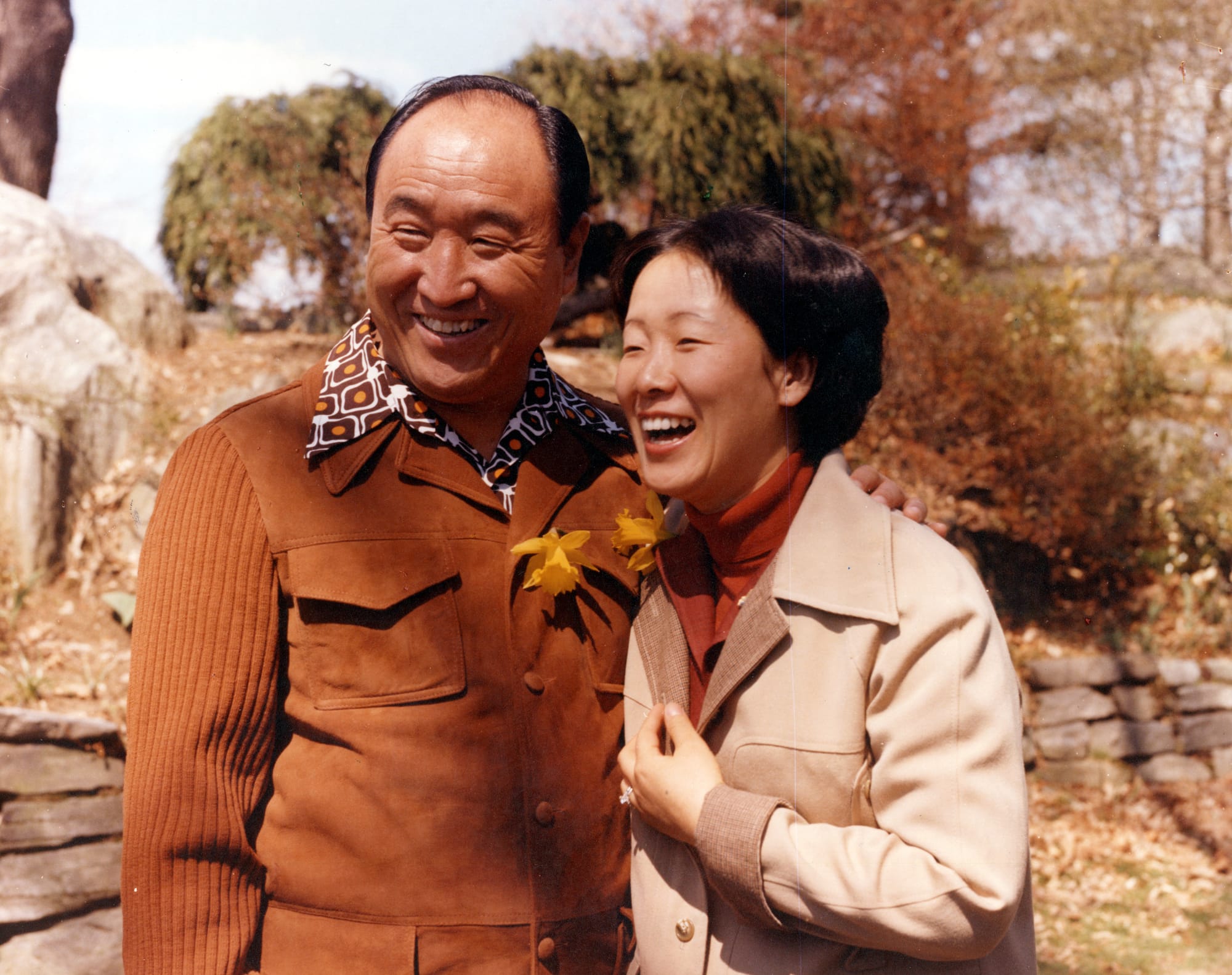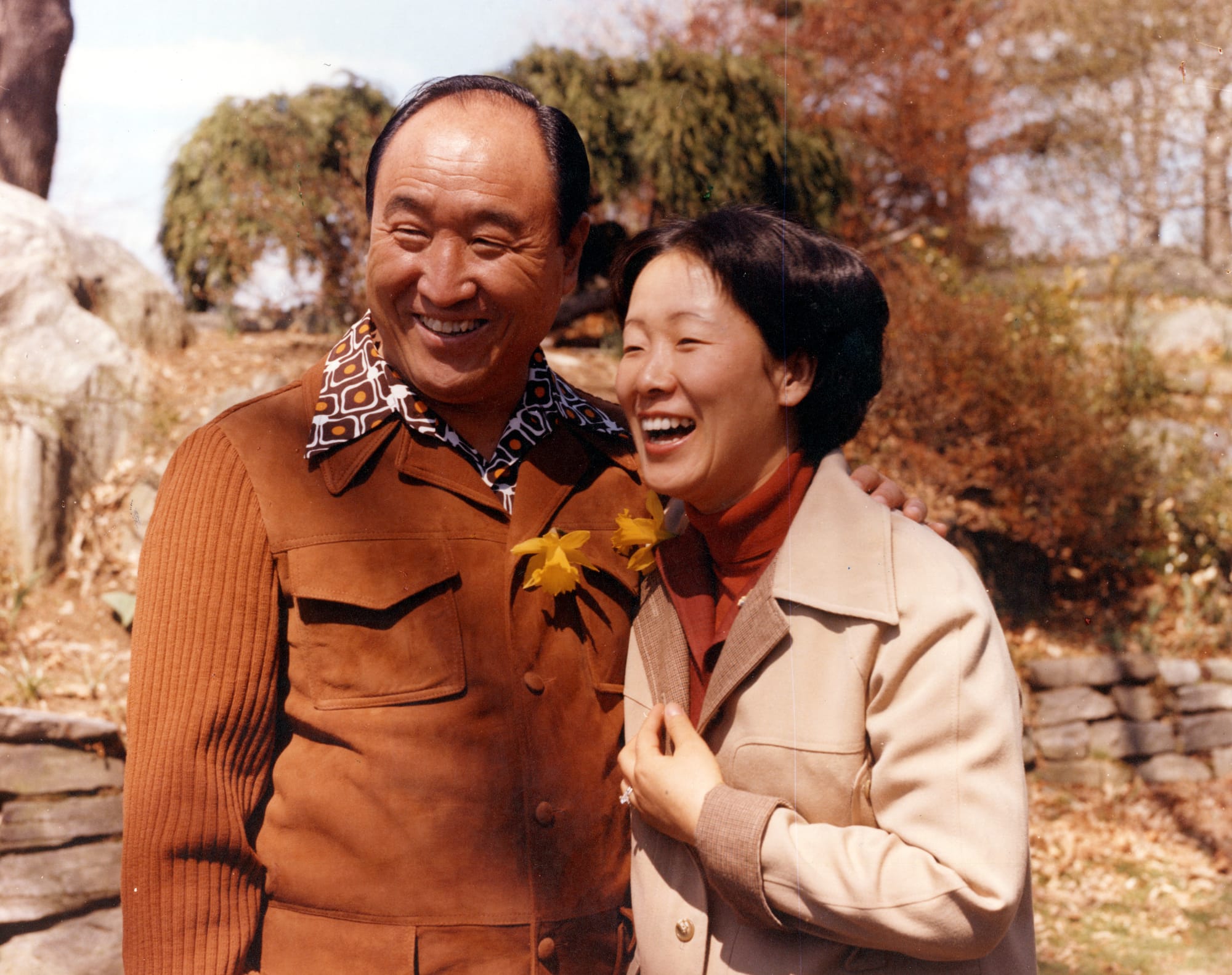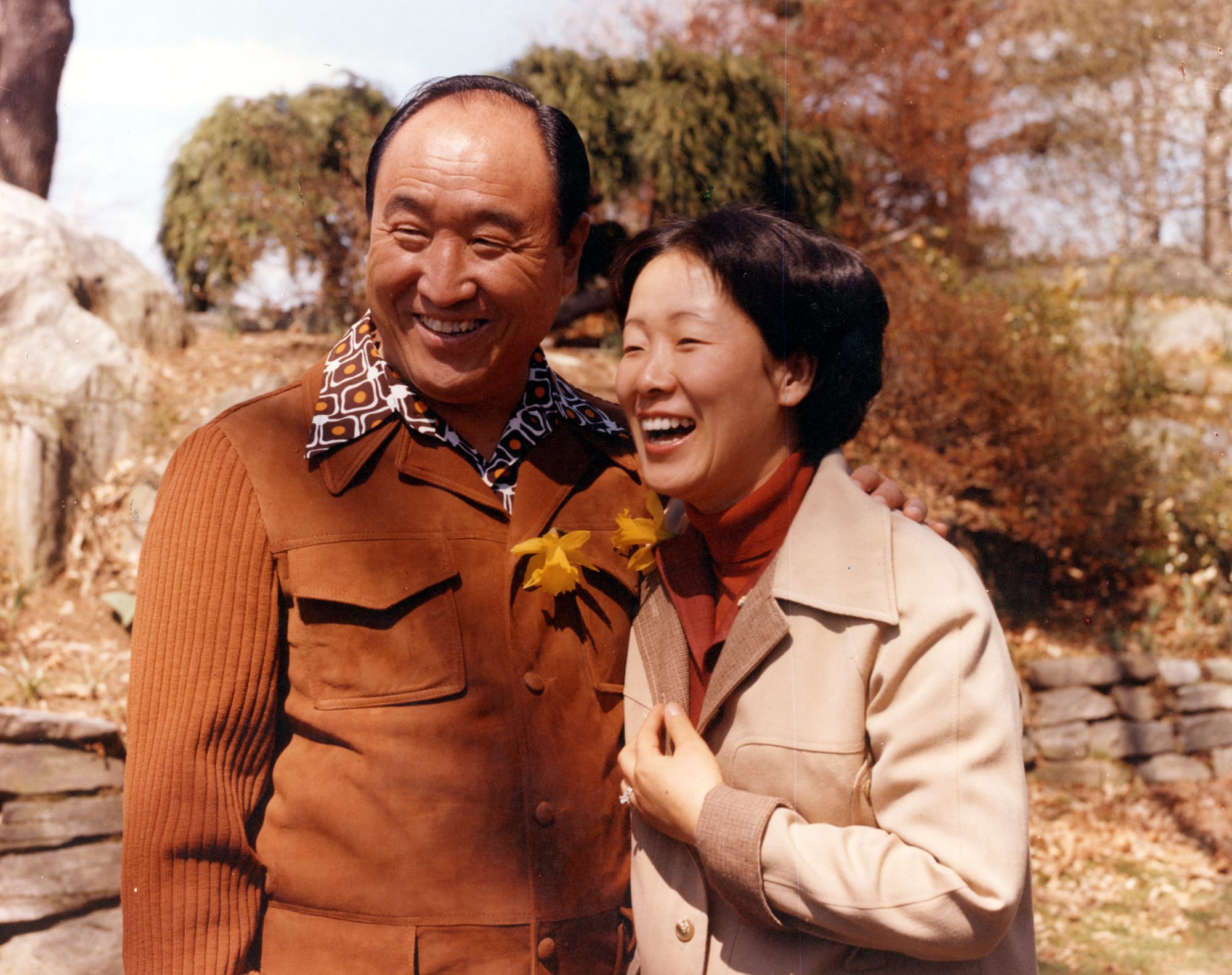A person walking the road of life must be vigilant. It will not do to lead a carefree and casual existence. Moment by moment, we face occasions to either do good or evil, either to remain faithful to principles or to violate them.
There are snares and pitfalls along the way, and to fall into one could spell disaster. Hence, we need caution, vigilance, and mindfulness to survive and progress on the spiritual path. Hence, the world’s scripture calls for vigilance, to be alert against any sin or diversion from a life lived following God’s Will.
The Christian Bible warns that the Lord comes “like a thief in the night” and encourages constant wakefulness through such passages as the Parable of the Wise and Foolish Maidens.
Islam calls us to constantly remember (zakara) God, His commandments, and His mercies and reminds us through the duty of daily prayer. The Jewish sages recommended interpreting commandments strictly to place “a fence around the law,” so that there can be no possibility of transgression.
The religions of the East promote meditative disciplines that train the aspirant to watch over his or her thoughts at all times.
Father Moon affirms the need for vigilance at all times and reminds us of the biblical figures of old who made serious mistakes due to momentary lapses in vigilance.

In fear and trembling, With caution and care, As though on the brink of a chasm, As though treading thin ice. Analects 8.3 (Confucianism)
Work out your own salvation with fear and trembling. Philippians 2.12
A monk should step carefully in his walk, supposing everything to be a snare for him. Uttaradhyayana Sutra 4.7 (Jainism)
Even those who have much learning, Faith, and willing perseverance Will become defiled by a [moral] fall Due to the mistake of lacking alertness. Shantideva, Guide to the Bodhisattva’s Way of Life 5.26 (Buddhism)
The Master said, “Danger arises when a man feels secure in his position. Destruction threatens when a man seeks to preserve his worldly estate. Confusion develops when a man has put everything in order. Therefore the superior man does not forget danger in his security, nor ruin when he is well established, nor confusion when his affairs are in order. In this way, he gains personal safety and can protect the empire. In the I Ching it is said: ‘What if it should fail? What if it should fail?’ In this way he ties it to a cluster of mulberry shoots [makes success certain].” I Ching, Great Commentary 2.5.9 (Confucianism)
Misfortune is the root of good fortune; Good fortune gives birth to misfortune. Who knows where is the turning point? Tao Te Ching 58 (Taoism)
What is lawful is obvious, and what is unlawful is obvious; and between them are matters which are ambiguous and of which many people are ignorant. Hence, he who is careful in regard to the ambiguous has justified himself in regard to his religion and his honor, but he who stumbles in the ambiguous has stumbled in the forbidden, as the shepherd pasturing around a sanctuary is on the verge of pasturing in it. Is it not true that every king has a sanctuary, and is not the sanctuary of God that which He has forbidden? Forty Hadith of an-Nawawi 6 (Islam)
Rabbi Akiba said, “Laughter and levity accustom a man to immorality. Tradition is a fence for Torah. Tithes are a fence for riches. Vows are a fence for saintliness. A fence for wisdom is silence.” Mishnah, Avot 3.17 (Judaism)
Just as a wealthy merchant with only a small escort avoids a perilous route; just as one desiring to live avoids poison; even so should one shun evil things. Dhammapada 123 (Buddhism)
I seek union with the Good Mind, And I forbid all traffic with the wicked. Avesta, Yasna 49.3 (Zoroastrianism)
Only when a man will not do some things is he capable of doing great things? Mencius IV.B.8 (Confucianism)
Forsake the outward sin and the inward; surely the earners of sin shall be recompensed for what they have earned. Qur’an 6.120
Do only such actions as are blameless… If at any time there is doubt with regard to right conduct, follow the practice of great souls, who are guileless, of good judgment, and devoted to truth. Taittiriya Upanishad 1.11.2, 4 (Hinduism)
Men of understanding [are] such as remember God, standing, sitting, and reclining. Qur’an 3.190-91
Be mindful when you are alone, in the shadow of your coverlet. Tract of the Quiet Way (Taoism)
If while going, standing, sitting or reclining when awake, a thought of sensuality, hatred or aggressiveness arises in a monk, and he tolerates it, does not reject, discard, and eliminate it, does not bring it to an end, that monk, who in such a manner is ever and again lacking in earnest endeavor and moral shame, is called indolent and void of energy. If while going, standing, sitting, or reclining when awake, a thought of sensuality, hatred, or aggressiveness arises in a monk, and he does not tolerate it, but rejects discards, and eliminates it, brings it to an end, that monk, who in such a manner ever and again shows earnest endeavor and moral shame, is called energetic and resolute. Itivuttaka 110 (Buddhism)
The kingdom of Heaven shall be compared to ten maidens who took their lamps and went to meet the bridegroom. Five of them were foolish, and five were wise. For when the foolish took their lamps, they took no oil with them; but the wise took flasks of oil with their lamps. As the bridegroom was delayed, they all slumbered and slept. But at midnight there was a cry, “Behold, the bridegroom! Come out to meet him.” Then all those maidens rose and trimmed their lamps. And the foolish said to the wise, “Give us some of your oil, for our lamps are going out.” But the wise replied, “Perhaps there will not be enough for us and for you; go rather to the dealers and buy for yourselves.” And while they went to buy, the bridegroom came, and those who were ready went in with him to the marriage feast; and the door was shut. Afterward, the other maidens also came, saying, “Lord, lord, open to us.” But he replied, “Truly, I say to you, I do not know you.” Watch, therefore, for you know neither the day nor the hour. Matthew 25.1-13

Teachings of Sun Myung Moon
You, the young ones, are standing at the crossroads of good and evil. If you take one wrong step, you might fall into a steep and deep pit of death. Although it is difficult, take the step that will let you stand tall.
Then you can be victorious princes and princesses who look out at the hope for a shining tomorrow that lies on the broad plane. Therefore, you need to watch each step. Be careful as you walk on the snow-covered road. (59:214, July 16, 1972)
The greater you become, the more you have to watch under your feet. The smaller you become, the more you have to look up to Heaven. (Way of God’s Will) Be careful about the words you speak, be careful about what your eyes see, and be careful about the words you hear.
Do not listen to self-centered remarks; do not look at selfish deeds; do not even talk to the person who lives selfishly; and do not make excuses for yourself. (93:319, June 12, 1977)
To be public means to live for the whole, and to be private means to live for the self. When you calmly evaluate yourself, you may find yourself in a quandary over what is public and what is private. Therefore, religion teaches fasting, suffering, modesty and humility, in order to restrain the body, which is inclined to be self-centered. (149:271, November 27, 1986)
Think once, twice and three times before you act. (93:320, June 12, 1977)
An unwarranted or improper statement can ruin your entire life. Hearing one unrighteous word can ruin your entire life. One wrong action can also ruin your life. Making a wrong friend can also lead you to ruin your life.
Hence, many saints and sages have taught that we should be cautious about what we hear, say, and do, and about whom we take for friends. East or West, past or present, this philosophy is true. On the other hand, one righteous, good statement at the opportune time can bring total, dramatic success to a life.
Hearing the right things at the right moment can lead to a decision that will make an entire life successful. One right action at the right time can bring great success.
It is the same with making a friend; for example, a sister here could go out to the street, meet a good man and have a conversation. That could be enough to initiate a friendship that leads to him becoming her husband. (91:29-30, January 2, 1977)
The road to misfortune does not ordinarily start from a major crisis. More often, it is a trivial matter that opens the door to great unhappiness. It is hard to overcome even a small difficulty as long as your thinking is self-centered.
Therefore, you should think twice about what you are doing. In analyzing great mistakes or serious crimes, we invariably find that if the person had thought of the impact his actions would have on the well-being of others, he probably would not have committed such a blunder…
Particularly when we are faced with making an important decision, you are liable to choose the path to misfortune unless you stop to think twice before you act, to check whether your thinking is public or self-centered. Those who reason from selfishness are truly their own worst enemy. (93:298, June 12, 1977)
The fall of Adam and Eve was not the result of a planned failure that took one year or ten years. Their failure was brought forth in one moment, and that failure of a moment became the base for the corruption of the Kingdom that had been in preparation for millions of years.
When we think about this, we realize how fearful one moment is. Due to the failure of a single moment, people walking the religious path in every age have had to pay a price of great suffering. Numerous secular people, too have been ruined by a single misstep of a moment.
All their subsequent suffering became part of a tremendous sacrificial offering, for indemnity. When we understand this, every hour that we ordinarily live so casually becomes fearful, even a single second within that hour, and we want to exert ourselves to make it a success.
Every hour in your daily life is fearful, even each minute of every hour. Know how to struggle for every moment. For apart from one moment, Heaven cannot exist. (37:219, December 27, 1970)
If only Noah had been more prudent in the days after the flood, he would not have become drunk and lain naked. Would he have done such a thing if he had thought it over a bit more? With just a little more prudence and patience, he would not have allowed himself to get drunk.
We can say his mission would have succeeded if he had continued to be prudent. Likewise, when Abraham was making his offering, why did he only divide two of the three offerings and neglect to cut the birds? He would not have made the mistake if he had thought more carefully as he was arranging the offering. (99:39, August 27, 1978)
When Jacob was receiving his trial from Heaven, he never relaxed his mental vigilance for a moment. (3:337, February 9, 1958)





